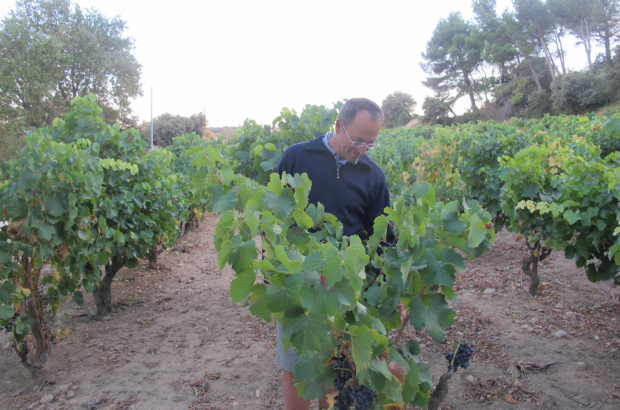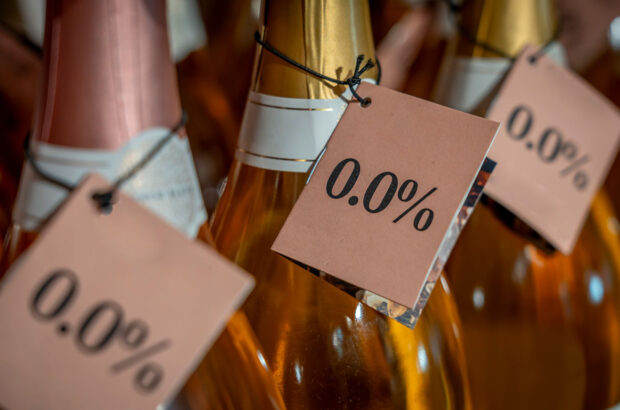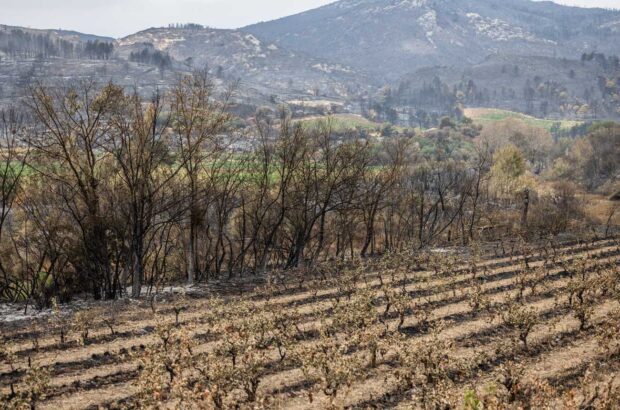Scandinavian rye whisky distillers are up in arms over the decision this year by local authorities to enforce a 2004 European Union trade agreement with Canada. The agreement reserves the term ‘rye whisky’ for Canadian and US produce.
Despite the agreement being signed over 20 years ago, the legislation had been neglected until 2024, when the Polish Ministry of Agriculture and Rural Development, German Federal Ministry of Food and Agriculture and the Czech Agriculture and Food Inspection Authority wrote to the European Commission requesting clarification.
In July 2024 they received confirmation from Pierre Bascou, director for sustainability and income support, DG Agriculture and Rural Development, that stated: ‘“Rye Whisky” is indeed a term protected under the 2004 Agreement between the European Community and Canada on trade in wines and spirit drinks.’
Following this communication, the Ministry of Agriculture and Forestry in Finland and the Ministry of Food, Agriculture and Fisheries of Denmark began enforcing this rule from January of this year.
‘If we continue with making new releases of our current packaging we would be required to take it back from shelves,’ said Alex Munch, co-founder of Stauning Whisky in Denmark.
The story has come to light after Kyrö Distillery Company in Finland announced new packaging, with an explanation of why it had made the change. According to co-founder Mikko Koskinen, the distillery will have to relabel its 100% malted rye whisky as ‘whisky made from rye’. The words whisky and rye cannot be on the same line.
Stauning uses malted barley in its rye, so it will have to label the spirit as ‘whisky made of rye and barley’ for the EU market.
Interestingly there is no specific definition for Canadian rye whisky. Technically it doesn’t have to contain any rye at all, and most is made with corn.
There are rye whisky producers all over Europe, most notably in the Netherlands, Germany and France. Austrian producer J Haider has been making its Waldviertler rye since 1995 – long before the Canadian treaty was being drafted. European producers are now campaigning to have the law changed.
What does this mean for British rye producers such as InchDairnie Distillery in Scotland or Fielden in England, which export to the EU?
‘There is no “Scotch Rye” category so any decision by the EU on this does not affect us,’ said a spokesman for the Scotch Whisky Association.
InchDairnie, however, does use the term ‘rye whisky’ in addition to the official ‘single grain Scotch whisky’ on its labels. Founder Ian Palmer said: ‘I think changing labels is an overreaction. If the agreement is being correctly interpreted, then some people have been sleeping at the wheel to allow this to go through unnoticed.’







